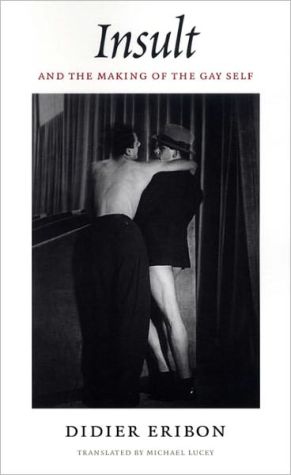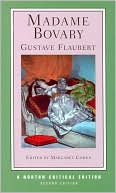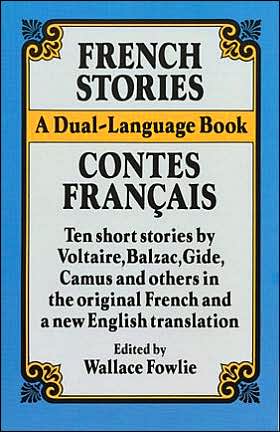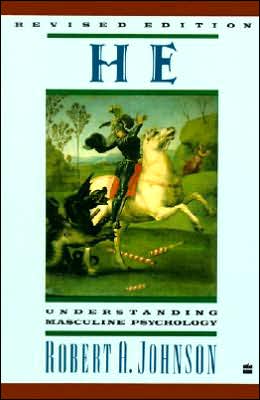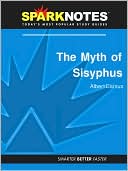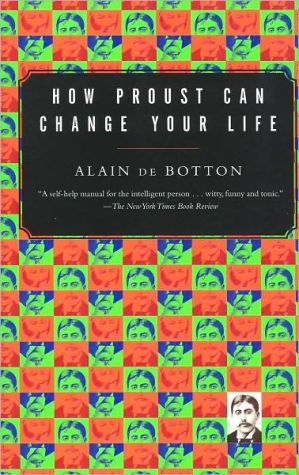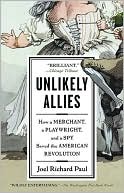Insult and the Making of the Gay Self
A bestseller in France following its publication in 1999, Insult and the Making of the Gay Self is an extraordinary set of reflections on “the gay question” by Didier Eribon, one of France’s foremost public intellectuals. Known internationally as the author of a pathbreaking biography of Michel Foucault, Eribon is a leading voice in French gay studies. In explorations of gay subjectivity as it is lived now and as it has been expressed in literary history and in the life and work of Foucault,...
Search in google:
Published in English for the first time, Didier Eribon’ s well-received and celebrated work on a philosophy of and examination of gay life.
Insult and the making of the gay self\ \ By Didier Eribon \ Duke University Press\ \ ISBN: 0-8223-3371-6 \ \ \ Chapter One\ The Shock of Insult \ It all begins with an insult. The insult that any gay man or lesbian can hear at any moment of his or her life, the sign of his or her social and psychological vulnerability.\ "Faggot" ("dyke")-these are not merely words shouted in passing. They are verbal aggressions that stay in the mind. They are traumatic events experienced more or less violently at the moment they happen, but that stay in memory and in the body (for fear, awkwardness, and shame are bodily attitudes produced by a hostile exterior world). One of the consequences of insult is to shape the relation one has to others and to the world and thereby to shape the personality, the subjectivity, the very being of the individual in question.\ As Marcel Jouhandeau wrote in his extraordinary short treatise on homosexuality from 1939, On Abjection, to be insulted is to be branded on the shoulder by a red hot iron.\ What a revelation it is to be insulted, to be scorned in public. We become familiar with certain words that up to that point had only been heard in classical tragedies, but that now become our own accouterments, our own burdens. We are no longer what we thought ourselves to be. We are no longer the person we knew, but the one others think they know, the one others take to be this or that. If someone could think that of me, then in some way it must betrue. At first we pretend that it is not true, that this is only a mask, a costume for a play in which someone has clothed us, and that we could take off. But no. These garments adhere so tightly that they have already become your face, your flesh. To take them off would be to rend your own being.\ The insult lets me know that I am not like others, not normal. I am queer: strange, bizarre, sick, abnormal.\ * The insult is a verdict. It is a more or less definitive sentence, for life, one that will have to be borne. A gay man learns about his difference through the force of insult and its effects-the principal one being the dawning of the awareness of a fundamental asymmetry instantiated by that particular linguistic act: I discover that I am a person about whom something can be said, to whom something can be said, someone who can be looked at or talked about in a certain way and who is stigmatized by that gaze and those words. The act of naming produces an awareness of oneself as other, transformed by others into an object. Sartre puts it nicely in an observation about Genet, tagged as a thief by the gaze of the other: "It is as if a page of a book suddenly became conscious and felt itself being read aloud without being able to read itself" (StG, 41). Insult is thus a way of looking me over and a way of dispossessing me. My consciousness is "beleaguered by others" (57) and I am disarmed by this aggression. To cite Sartre on Genet a bit more: "A dazzling spotlight transpierced him with its beams." Alone, powerless, all he could do was struggle "in that shaft of light" that is the gaze of the other, its power to name (136).\ Insult is more than a word that describes. It is not satisfied with simply telling me what I am. If someone calls me a "dirty faggot" (or "dirty nigger" or "dirty kike"), or even simple "faggot" (or "nigger" or "kike"), that person is not trying to tell me something about myself. That person is letting me know that he or she has something on me, has power over me. First and foremost the power to hurt me, to mark my consciousness with that hurt, inscribing shame in the deepest levels of my mind. This wounded, shamed consciousness becomes a formative part of my personality. An insult can thus be analyzed as a "performative utterance," according to J. L. Austin's definition. In a well-known work, that English philosopher distinguished between constative and performative utterances. The former describe a situation and can be true or false. The latter produce an action and thus are neither true nor false-for example, "I call this meeting to order." In fact, Austin defines two kinds of performative utterances, illocutionary and perlocutionary. In the first kind, the utterance itself constitutes the action it announces. To say "I name this ship the Queen Elizabeth" or to respond "I do" (meaning: "I do take this woman as my lawful wife" or "I do take this man as my lawful husband") during a wedding ceremony is to make an utterance of this kind. In the second kind of performative utterance, the action is not produced by the utterance per se; rather it is one of the consequences (the fear, the emotions, or the thoughts produced by words like "I am warning you") of having said something. At first glance, one would include insult in this latter category. Insult is a linguistic act-or a series of repeated linguistic acts-by which a particular place in the world is assigned to the person at whom the acts are directed. This assignment determines a viewpoint on the world, a particular outlook. Insult profoundly affects the consciousness of an individual through what it says: "I assimilate you to this," "I reduce you to that." And so I am this or that. Insult can be found anywhere: linguists have expanded this category of performative utterances to include allusions, insinuations, irony, metaphor, and so on. Given that at the end of his book Austin himself comes to dissolve the distinction between performative and constative utterances, we might say that many of the utterances of everyday life can be described as injurious speech acts.\ In any case, insult is a performative utterance. Its function is to produce certain effects-notably, to establish or to renew the barrier between "normal" people and those Goffman calls "stigmatized" people and to cause the internalization of that barrier within the individual being insulted. Insult tells me what I am to the extent that it makes me be what I am.\ (Continues...)\ \ \ \ \ Excerpted from Insult and the making of the gay self by Didier Eribon Excerpted by permission.\ All rights reserved. No part of this excerpt may be reproduced or reprinted without permission in writing from the publisher.\ Excerpts are provided by Dial-A-Book Inc. solely for the personal use of visitors to this web site. \ \
Introduction : the language of the tribe1Pt. 1A world of insult131The shock of insult152The flight to the city183Friendship as a way of life244Sexuality and professions295Family and "melancholy"356The city and conservative discourse417To tell or not to tell468Heterosexual interpellation569The subjected "soul"6410Caricature and collective insult7011Inversions7912On sodomy8813Subjectivity and private life9714Existence precedes essence10715Unrealizable identity11316Perturbations12417The individual and the group130Pt. 2Specters of Wilde1411How "arrogant pederasts" come into being1432An unspeakable vice1533A nation of artists1604Philosopher and lover1685Moral contamination1766The truth of masks1827The Greeks against the psychiatrists1908The democracy of comrades1979Margot-la-boulangere and the Baronne-aux-epingles20610From momentary pleasures to social reform21311The will to disturb22312The "preoccupation with homosexuality"231Pt. 3Michel Foucault's heterotopias2451Much more beauty2472From night to the light of day2503The impulse to escape2564Homosexuality and unreason2645The birth of perversion2746The third sex2817Producing subjects2898Philosophy in the closet2969When two guys hold hands30310Resistance and counterdiscourse31011Becoming gay32912Among men32613Making differences334Addendum : Hannah Arendt and "defamed groups"339
\ From the Publisher“Best known in the United States for his biography of Michel Foucault, Didier Eribon is well known in France as an eloquent and influential gay critic and advocate. This stunning analysis of the continuing power of antihomosexual insult to shape gay lives shows us why. A tour de force of cultural criticism, erudition, and social engagement, Eribon’s work demonstrates the intellectual breadth and radical potential of queer critique.”—George Chauncey, author of Gay New York: Gender, Urban Culture, and the Making of the Gay Male World, 1890–1940\ “Didier Eribon’s new book is a brilliant study of the ways in which gay subjectivity is at once constituted by homophobic discourse and, from within that discourse, finds the terms with which to forge a queer resistance and a queer freedom. Not only does it add an invaluable dimension to queer theory in the United States; it will be read by an even wider audience for its incisive and original analysis of the relation between culture and subjectivity.”—Leo Bersani, author of Homos, The Culture of Redemption, and Caravaggio's Secrets (with Ulysse Dutoit)\ “With lucid and exemplary patience, Didier Eribon dissolves more than a century of transatlantic thought-blockages. The result is a deeply clarifying book.”—Eve Kosofsky Sedgwick, author of Touching Feeling: Affect, Pedagogy, Performativity\ \ \
